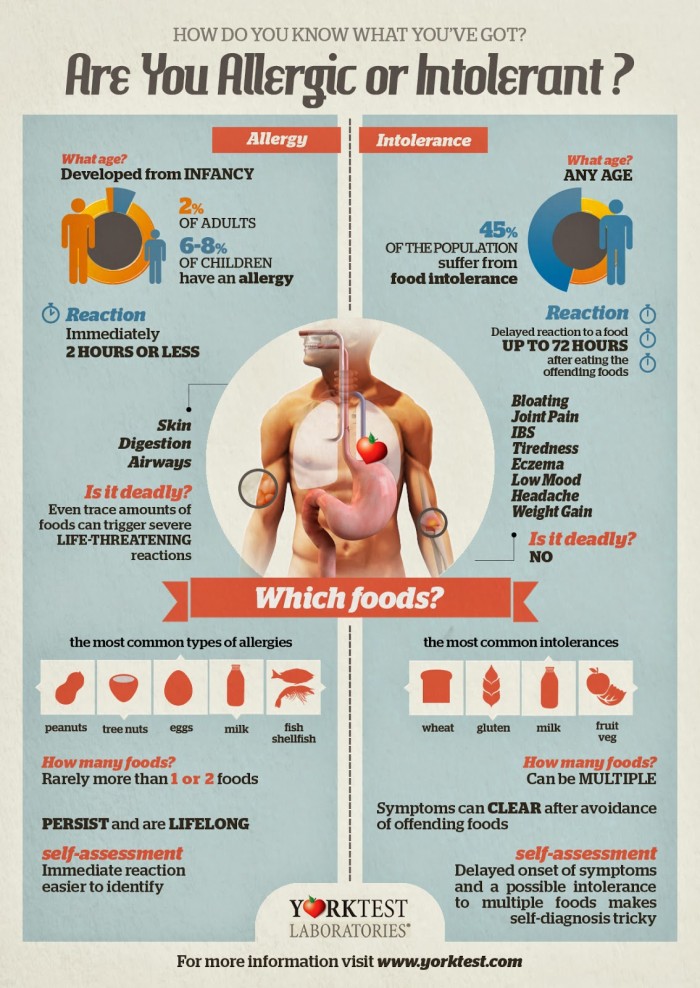Editor’s Note: This website is not designed to, and should not be construed to, provide medical advice, professional diagnosis, opinion or treatment to you or any other individual, and is not intended as a substitute for medical or professional care and treatment. For serious.
~
The Single Best Way to Lose Weight and Attain Glowing Health
We are all familiar with the pain, swelling, redness and heat that classically signify inflammation. In that context, inflammation becomes part of the body’s natural defense system.
Acute inflammation helps our body protect and heal itself. However, when our immune system shifts out of balance, inflammation can run rampant, triggering a chronic, smoldering fire inside our body that contributes to disease and weight gain.
Chronic inflammation culprits are all around us. The sugar we eat, high doses of the wrong oils and fats in our diet, hidden food allergens, lack of exercise, chronic stress and hidden infections all trigger a raging, unseen inflammation deep in our cells and tissues.
We have an epidemic of inflammatory diseases. Inflammation contributes to nearly every modern disease, from autoimmune diseases to cancer to obesity. These chronic diseases affect 125 million Americans.
How Food Sensitivities Can Keep Us Inflamed
When most people think of food allergies, they usually imagine someone eating a peanut and ending up in the emergency room with a swollen tongue, hives and not being able to breathe. That’s what is called an immediate allergy (also known as an IgE hypersensitivity reaction). While serious, this kind of reaction is rare.
A different type of reaction to foods, much less dramatic and deadly but equally troublesome, is called a delayed allergy (or IgG delayed hypersensitivity reaction). Far more common, these delayed reactions create suffering for millions of people. Conventional medicine largely ignored delayed allergies, yet they play a huge role in many chronic illnesses and weight problems.
Delayed allergic reactions can cause symptoms anywhere from a few hours to a few days after ingestion. Symptoms include weight gain, fluid retention, fatigue, brain fog, irritable bowel syndrome, mood problems, headaches, sinus and nasal congestion, joint pains, acne and eczema.
Consuming a low-allergy diet for just one week will help eliminate the excess swelling and fluid that accumulates in our tissues from food-induced chronic inflammation. The side effect is that we lose significant weight, quickly and safely.
Food Sensitivities and Leaky Gut
People react to foods for different reasons. Our diet, the way we live and medications are among the culprits that injure our gut.
These things change the bacteria and damage the gut’s lining, the critical barrier that keeps our immune system from having to deal with all the garbage, toxins and allergens inside our intestinal tract. This damage is called leaky gut.
As its name implies, food particles “leak” across the damaged barrier and our immune system (60 percent of which is right under that lining) starts to attack these partially digested food particles. That’s when we develop IgG food intolerances or allergies.
When our gut becomes leaky, partially digested foods get exposed to our immune system, creating an abnormal response to food. Weight gain and many chronic health problems frequently result.
In my practice, treating food allergies and improving nutrition is the single most powerful tool I have to treat, reverse and even cure hundreds of diseases that conventional medicine fails at miserably.
These include allergies, arthritis, autoimmune diseases, fatigue, sinus problems, hormonal disorders, obesity, high blood pressure, cholesterol, digestive issues and even mood disorders like depression and anxiety.
After years of testing people for IgG allergies and teaching them how to use elimination diets to help recover from their chronic symptoms and illnesses, I’ve learned some foods that irritate the immune system more than others. They include gluten, dairy, corn, eggs, soy, nuts, nightshades, citrus and yeast.
While everyone reacts differently, for about 50 percent of us, these foods are harmful to our bodies and prevent vibrant, good health.
Determining Food Sensitivities
I use two methods to determine food sensitivities. One is a blood test for IgG antibodies to foods. While useful, it is not 100 percent accurate.
The second is far more practical and inexpensive: a simple and well-accepted treatment called elimination/provocation.
We get rid of the top trouble foods for one to four weeks, then reintroduce them one at a time and see what happens. This program is based on a diet that eliminates gluten, dairy, eggs and yeast products.
Usually within a week or less, people notice dramatic relief from all the symptoms they thought they had to live with the rest of their lives!
Just because we have food allergies or sensitivities doesn’t mean we have to suffer. If you notice certain foods affect your health and weight, what steps do you take to identify and eliminate these foods? Share your thoughts below or on my Facebook fan page.
~
References:
Arrieta, M. C., Bistritz, L., & Meddings, J. B. (2006). Alterations in intestinal permeability. Gut, 55(10), 1512–1520. doi:10.1136/gut.2005.085373
Bharat B. Aggarwal, et al. (2011) Inflammation, Lifestyle and Chronic Diseases: The Silent Link. Florida: CRC Press.
Perrier C1, Corthésy B. (2010). Gut permeability and food allergies. Clin Exp Allergy. 41(1):20-8. doi: 10.1111/j.1365-2222.2010.03639.x.
~
Relephant:
An Elimination Diet Taught Me How to Cook & Gave Me My Health Back.
How to Stop Attacking Yourself: 9 Steps to Heal Autoimmune Disease.
Elimination Diets: Friend or Foe?
~
Author: Mark Hyman
Editor: Rachel Nussbaum
Photo: Yorktest.com
Bonus: the Ideal Summer Diet, according to Ayurveda:
Gluten-free good for you?
Paleo?

 Share on bsky
Share on bsky





Read 14 comments and reply